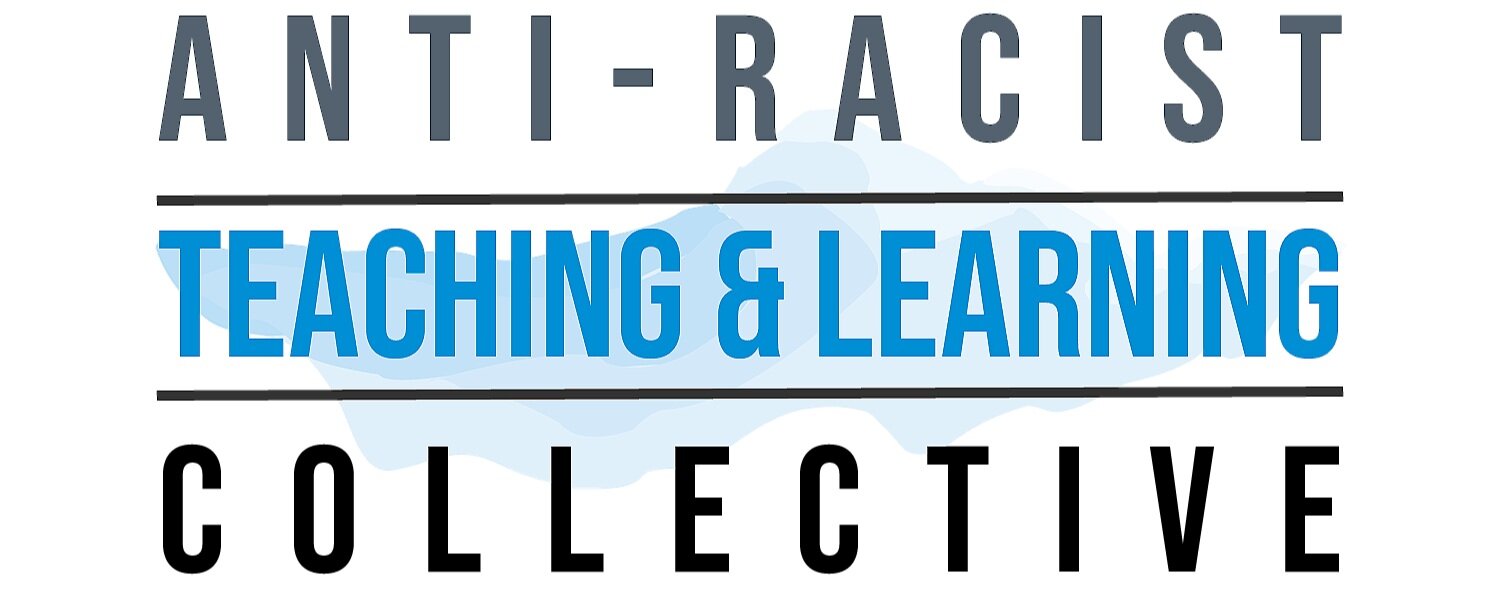Talking Back to Empire: Investigating International Issues & Human Rights With New Lenses
Curriculum unit. By Leslie Blatteau. Through a broad range of letters, speeches, poems, manifestos, newspaper articles and other works of resistance, students learn about the “counter narratives” throughout international history that “talk back to empire.” Written by a New Haven high school social studies teacher, this curriculum unit provides multiple topics and teaching methods to engage students in learning about anti-imperialism.
Introduction
Students will not only learn about the United States’ military, political, and economic interventions around the world; they will also learn about the ongoing and organized resistance to these actions. This unit will also focus on the contradictions implicit in the United States’ relationships with other nations. Just as contradictions exist between the ideals expressed in the founding documents and the enactment of racist policies against Black and Brown people in the United States, contradictions exist with respect to the stated purposes and realities of U.S. interventionist policies. This unit will focus on these contradictions and use them as a tool for understanding the persistent and pernicious inequalities of power that result in current human rights abuses.
Topics and Units:
What Use is History? Whose Past Matters?
Origins of Intervention: The Monroe Doctrine and the Roosevelt Corollary
1898: “An Empire is Better Than a Republic”
Central American Resistance and Black Anti-Imperialism
Women Resisting War
Classroom Focuses:
Dominant Narratives vs. Counter Narratives
“The Three Evils”: Racism, Economic Exploitation, Militarism
The Work of the War Resisters’ League
August, 2018— The Committee in Solidarity with the People of El Salvador, one of the anti-imperial voices featured in this curriculum unit. (Photo from CISPES Facebook)
Teacher Introduction
This unit is for a 12th grade International Issues seminar with a human rights focus. Students begin by analyzing the Universal Declaration of Human Rights and its relevance in the 21st century, as struggles for human rights persist. They continue by studying a human rights issue through the work of a human rights defender. They spend most of the second semester analyzing causes, effects, and solutions related to a specific human rights issue as their Senior Project in the Law Pathway at our high school.
While the structure of this unit presents a wide-ranging, and at times disconnected, collection of voices who talk back to empire, the motivation to impact students’ ability to analyze imperialism with a critical lens remains the consistent through line.
The week before the due date for this unit, protestors in Puerto Rico successfully toppled a sitting governor for the first time in history. Perhaps it can come as a relief that no unit, no volume, no collection of resources can be comprehensive in its celebration and centering of voices of resistance. Not only is the canon of these voices of resistance too numerous, but as more and more students study these examples, they become more able to learn from them and eventually create their own.

